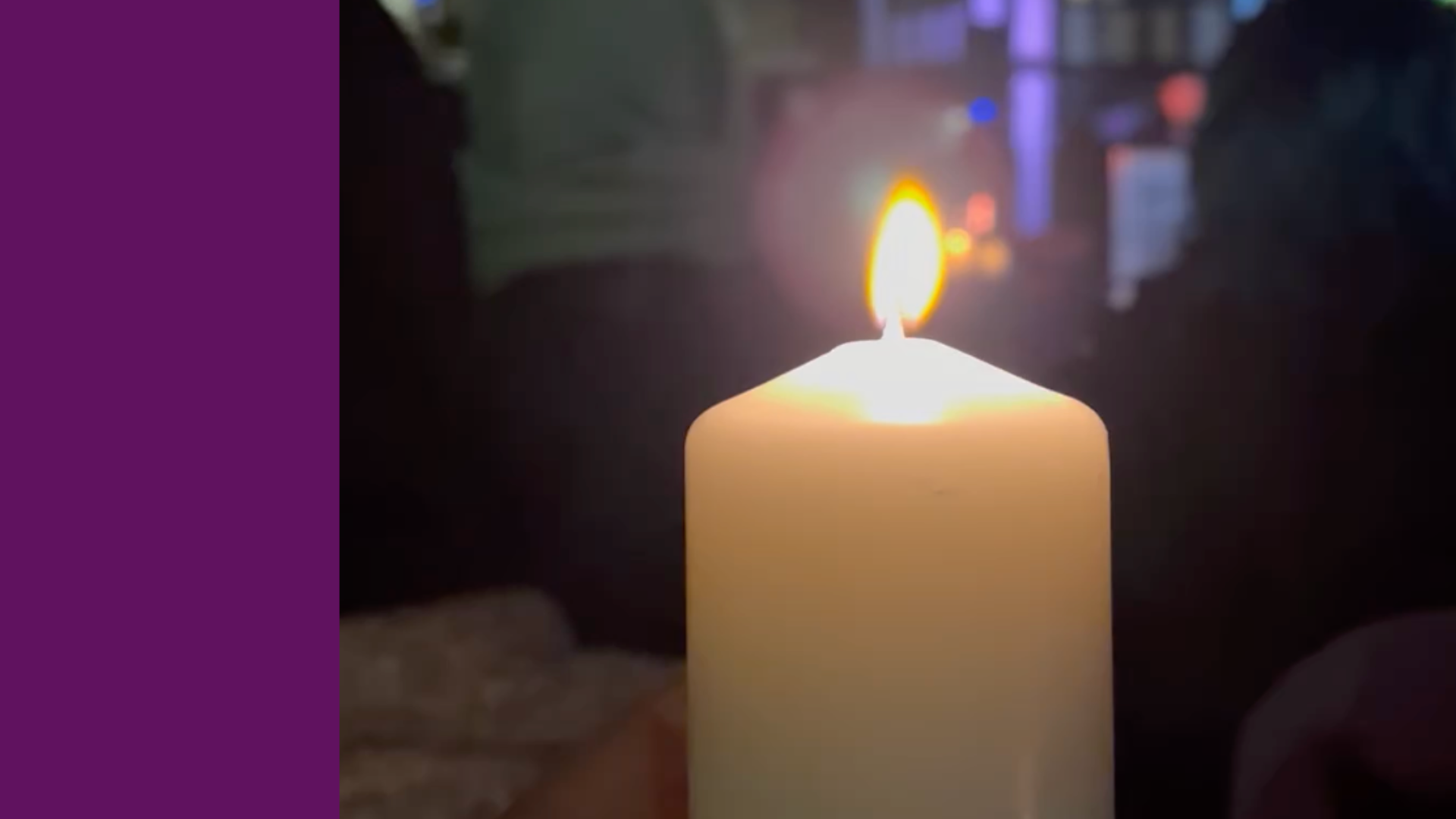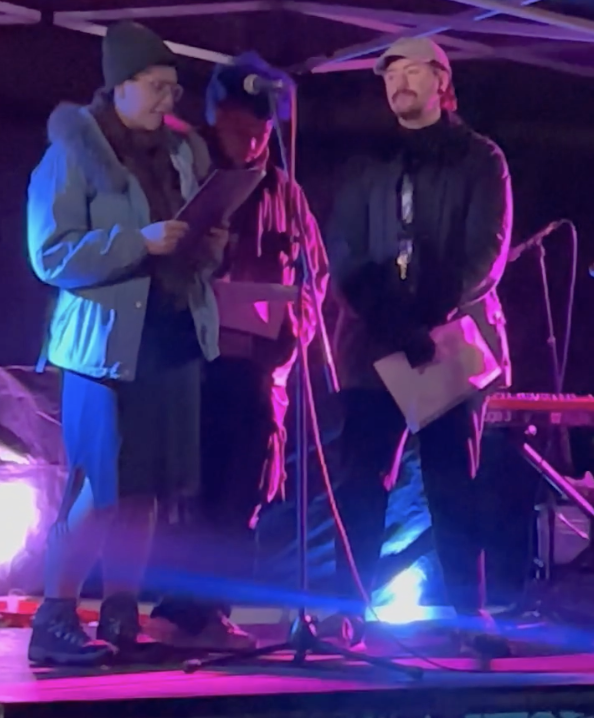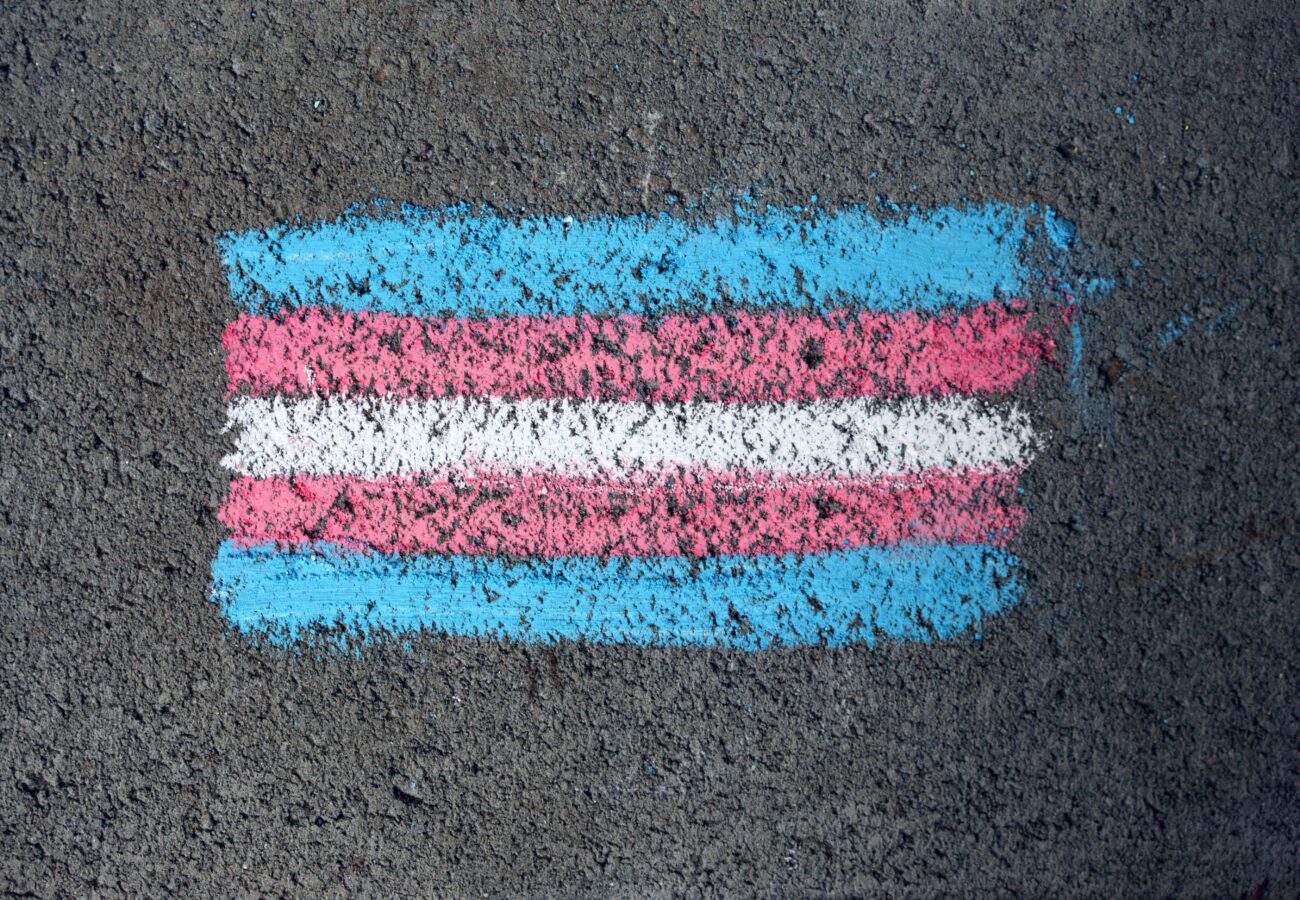(Content notes: this piece discusses transphobic violence, transphobic abuse and death by suicide. If you need support you can find a resource list below.)
What is Trans Day of Remembrance?
Trans Day of Remembrance was founded by Gwendolyn Ann Smith in 1999 to commemorate the life and death of Rita Hester, a black trans woman who was murdered in Boston, Massachusetts.
Trans Day of Remembrance is now an annual date, 20th November, on which we mark lives lost to transphobic violence across the world and call for an end to that violence. That violence is directed especially at black and brown trans people, trans women and trans fems, migrants and sex workers.
Transphobic violence is unfortunately on the rise. The Trans Murder Monitoring Project has recorded 350 murders of trans+ people since last Trans Day of Remembrance, a significant increase on the previous year. (Source: Queer AF: 350 Transgender people were murdered this year in a “significantly” increasing cycle of violence)
One in four of those killed were under the age of 25 (Source: ibid.). As a youth charity working with 16-25 year old LGBT+ young people, that statistic is especially heartbreaking.
And we know that these numbers are smaller than the reality of the violence faced, overwhelmingly affecting Black and brown trans people and those in the global South.
What is the situation like for trans youth?
In our work we are committed to supporting trans and non-binary young people out of homelessness or hostile environments to build a better future and live their fullest lives. Yet too often in our work, we see trans young people facing severe unsafety: young people fleeing domestic abuse from parents and partners, coercive control, honour-based violence and conversion practices – abuse that aims at erasing their very existence and the possibility of being trans.
At its worst, such abuse can be deadly. Almost a quarter of the murders recorded in the past year (22%) took place in the victim’s own home (Source: Trans Murder Monitoring: Will the cycle of violence ever end? TGEU’s Trans Murder Monitoring project crosses 5,000 cases – TGEU – Transgender EuropeTGEU – Transgender Europe).
Our young people also face a political and media environment that makes trans people a target of harassment, bullying and violence in the streets, in schools, in public spaces and from neighbours; while exclusion from services creates barriers to getting the support they need, especially for those who are multiply marginalised at the intersections of racism, misogyny, poverty and ableism. Facing many pressures, there is a high prevalence of suicidal ideation and poor mental health among trans youth.
Trans Day of Remembrance can be a difficult time for trans and non-binary young people and is a time when the power of community is especially vital. We are therefore grateful to the work of Not a Phase and the numerous LGBT+ charities and community groups across the country for organising these vigils, creating a space to show support for the global trans community and mutually support one-another.
Standing together on Trans Day of Remembrance
akt attended vigils in two cities to bear witness, come together in solidarity with the trans community and stand against the transphobia and intersecting oppressions trans people face.
In Manchester, akt staff and young people attended the vigil in Sackville Gardens, where akt’s Greater Manchester-based Trans Pathway Project shared a few words.



